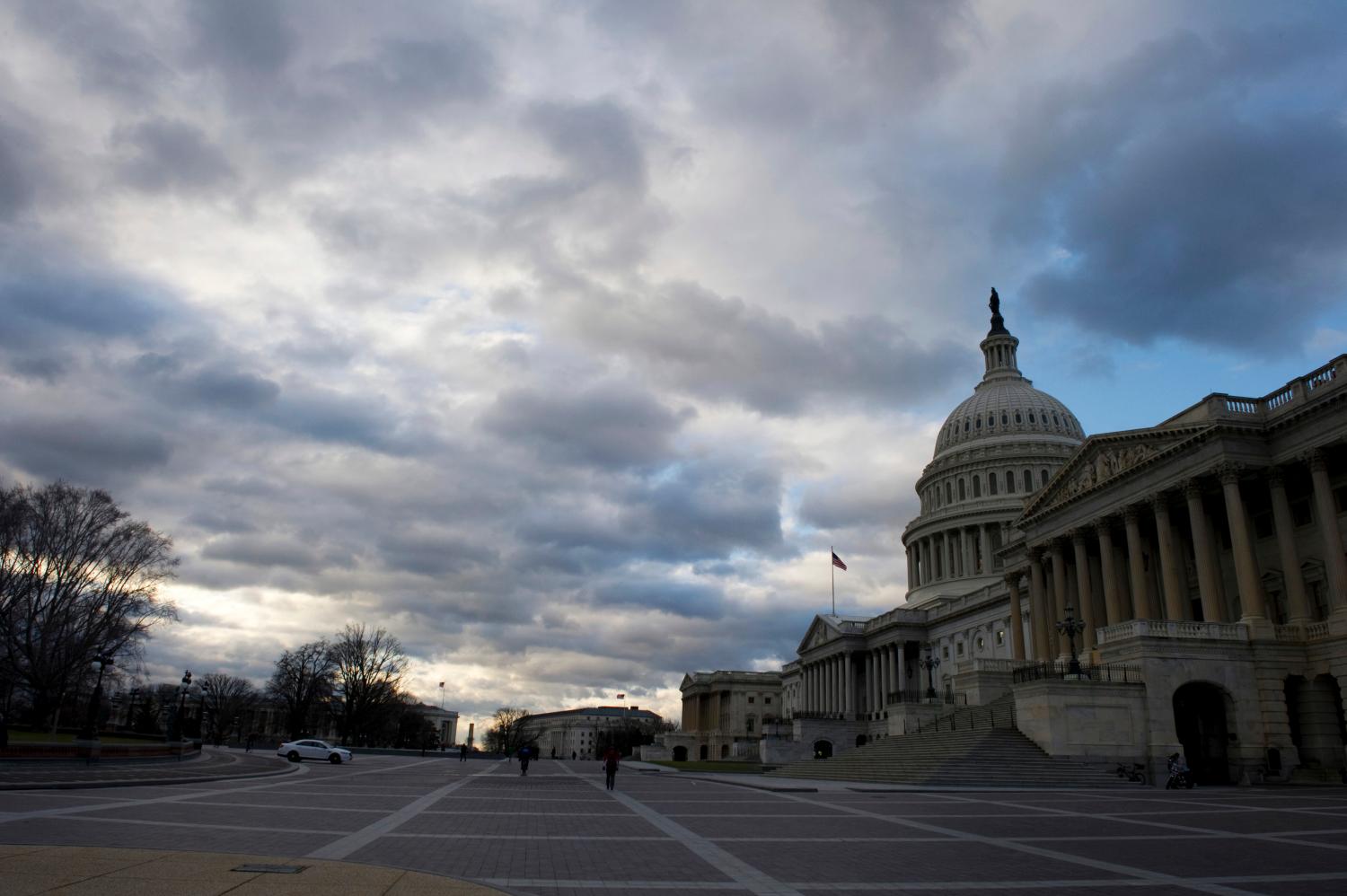Ten years after the Gulf War, Iraq constitutes a much-reduced challenge to U.S. interests in the Gulf region. Military and economic measures have deterred Saddam Hussein—the initiator of the Iran-Iraq War and the Iraqi invasion of Kuwait—from embarking on further acts of external aggression over the past decade. Iraqi military capabilities have not been restored to pre-Gulf War levels. Nevertheless, the picture is not all positive. The ability of the United States to ensure that Iraq remains a negligible threat is fast eroding. Complicating the administration’s efforts in Iraq is the deterioration of the Israeli-Palestinian peace process, which has seriously reduced both American standing in the region and Arab willingness to support a punitive approach toward Saddam. For these reasons, President Bush should act quickly to craft a modified Iraq policy which commands broader international support while continuing to stem the Iraqi threat.
The Brookings Institution is committed to quality, independence, and impact.
We are supported by a diverse array of funders. In line with our values and policies, each Brookings publication represents the sole views of its author(s).




